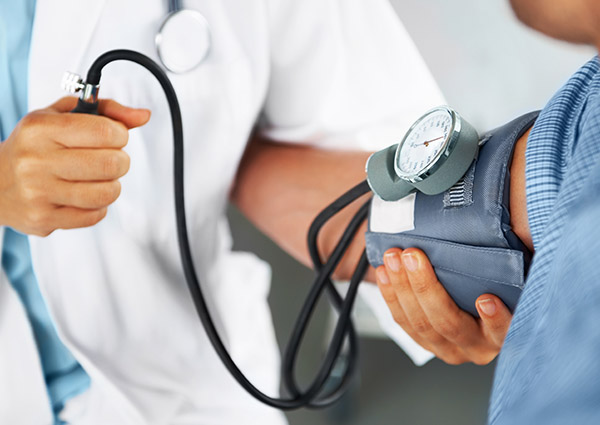
How Hormones Affect Blood Pressure & What You Should Know
Nearly half of American adults have hypertension or high blood pressure. This silent killer claimed nearly half a million lives in the U.S. in 2018. Hypertension increases your risk of heart attack and stroke, yet only about 25% of those with the condition have hypertension well controlled.
What is Hypertension?
Blood pressure refers to the pressure of the blood against the artery walls, and high blood pressure or hypertension is when that pressure is routinely elevated. When blood pressure is high, your heart can become damaged.
Hormones and Hypertension
Hormones have a starring role in managing your blood pressure. They send messages to control the body’s output of blood and control the amount of blood as well as the stiffness of the arteries.
It was once believed that hormone replacement therapy would help protect menopausal women from heart disease. Unfortunately, that’s turned out to be false. More recent studies have found that long-term estrogen exposure produces a substance called superoxide, which causes stress in the body. It builds up in the part of the brain responsible for regulating blood pressure.
The antioxidant resveratrol helps undo the negative impact of superoxide. It’s found in the skin of grapes and other fruits, and certain wines.
Another Recently Discovered Hormone Risk in Hypertension
Recently, researchers discovered that a vast amount of people have a hidden condition that causes high blood pressure that is more difficult to treat and often more deadly. This condition, primary hyperaldosteronism, happens when the adrenal glands produce too much of the hormone aldosterone. It makes you retain salt and reduces potassium, leading to higher blood pressure.
Unfortunately, few patients get tested for it, and fewer still get tested properly. A recent study of over 1,000 patients found that 22% of those with severe hypertension have hyperaldosteronism and 16% of those with milder cases do, too. Unfortunately, those with this hormonal disorder have a three times higher risk of heart complications and death compared to those with high blood pressure not associated with the disorder.
However, whether you are diagnosed with primary or secondary hypertension, there’s plenty you can do to change your outlook.
Ways to Lower Your Risks
- Get more physical activity
- Follow a healthy diet that especially minimizes sodium
- Lose weight
- Avoid heavy drinking
- Treat sleep apnea
- Manage high cholesterol
- Manage or prevent type 2 diabetes
- Quit smoking or using tobacco products
- Learn to lower your stress





